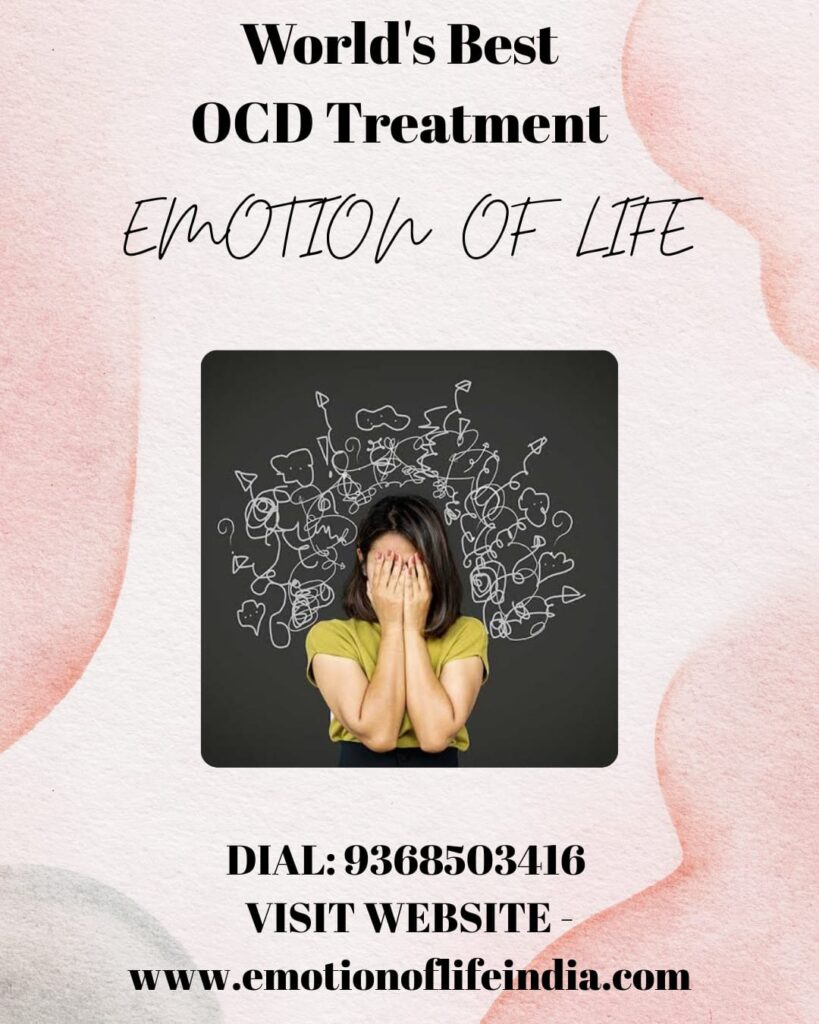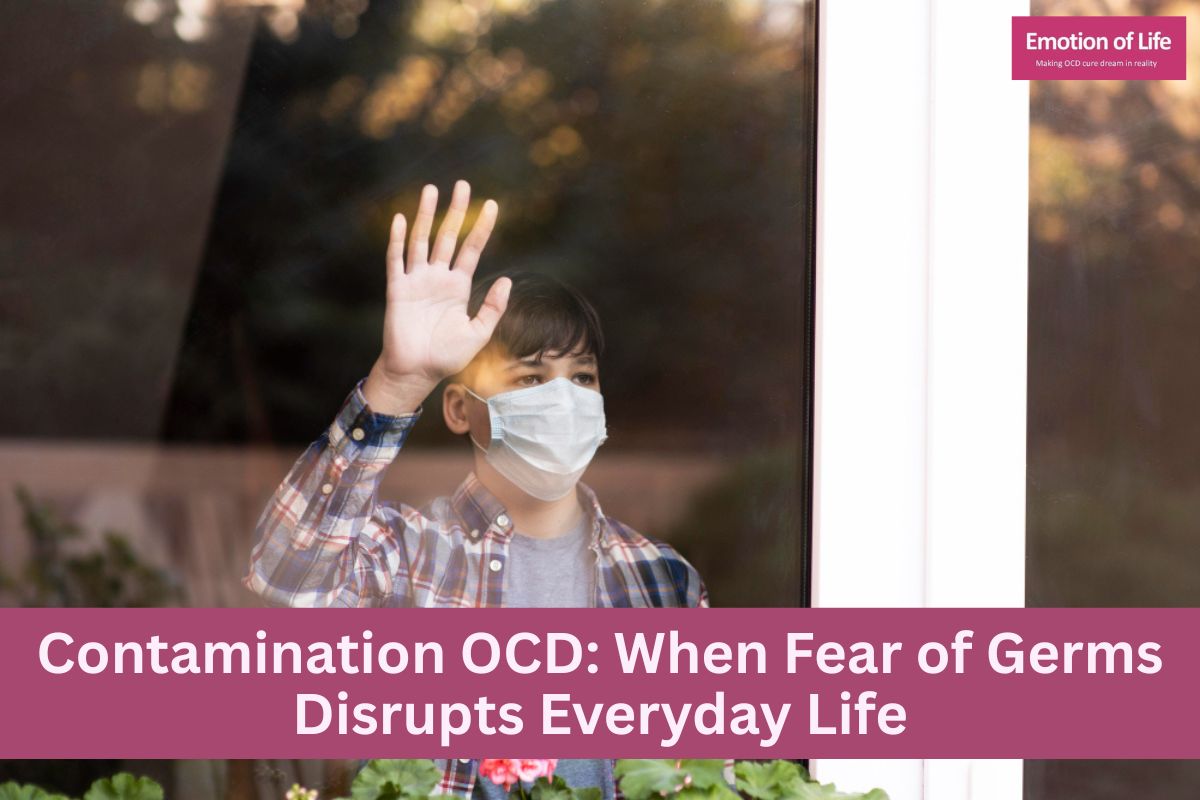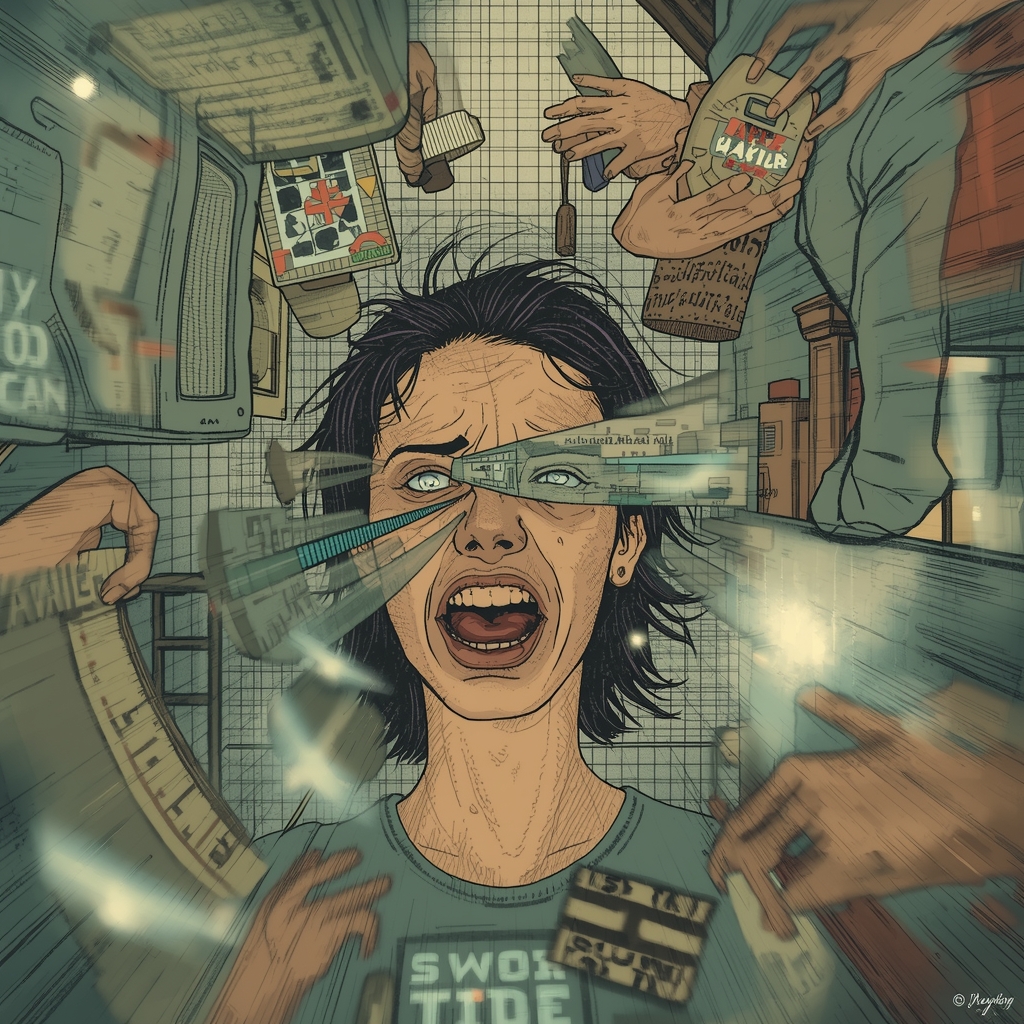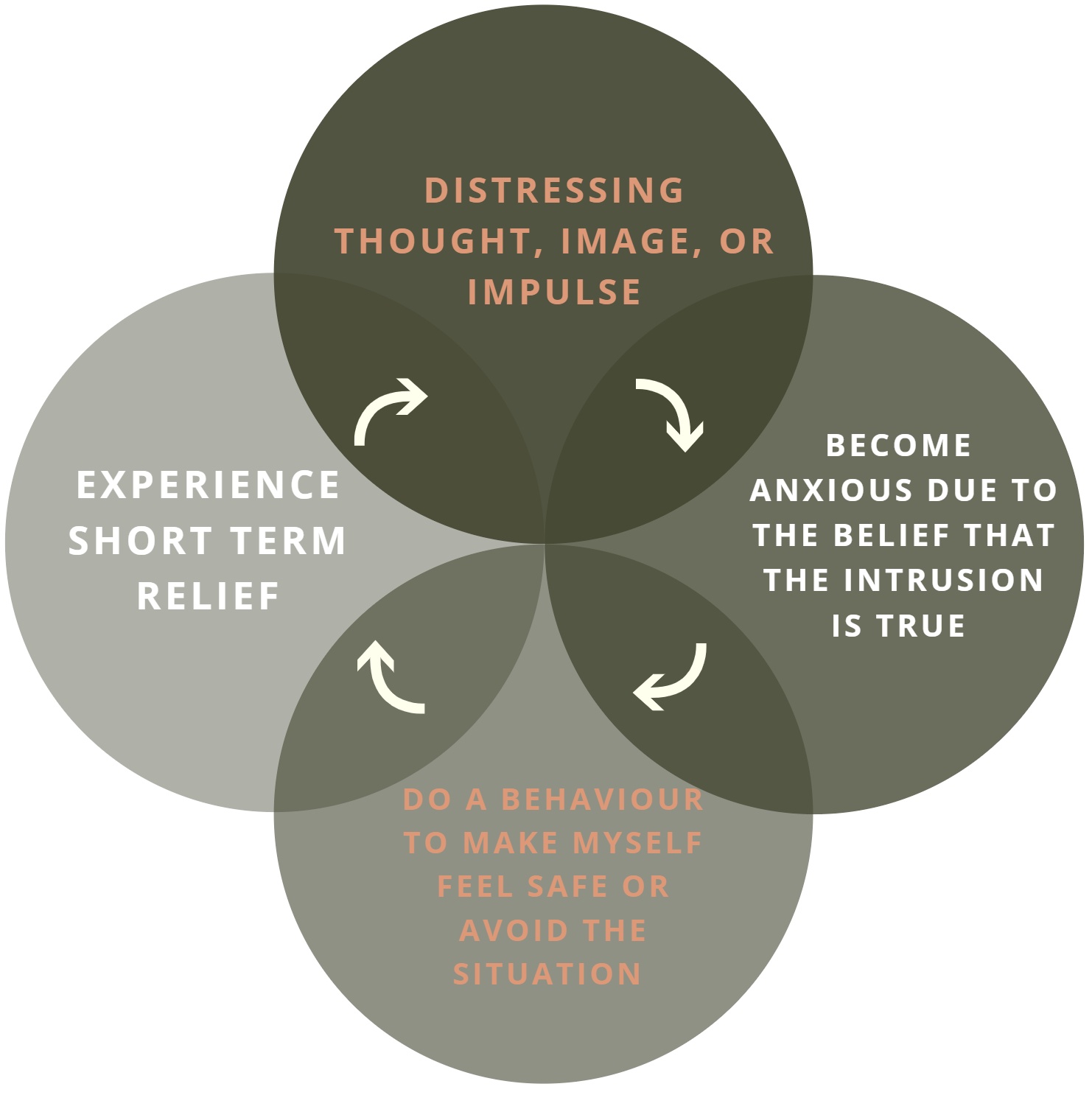Guilt & Regret in OCD, When intrusive thoughts are treated as proof of character, recovery becomes much harder. Learn how to identify, understand, and overcome the emotional blocks of guilt and regret in OCD.
Guilt & Regret in OCD When most people hear the word OCD, they picture checking locks, washing hands, or repeating actions. Less visible — and often heavier — are the emotions that sit behind these behaviours: guilt and regret. These emotions can silently block the road to recovery, making progress much harder than it needs to be.
Guilt & Regret in OCD: A Hidden Barrier to Recovery focuses on emotional blocks such as guilt over thoughts, which delay full participation in therapy. Many people carry the belief that intrusive thoughts define who they are — trapping them in secrecy, embarrassment, and self-blame.
What is Guilt & Regret in OCD?
Guilt and regret in the context of OCD are not simply about actions or mistakes. They often reflect a painful belief that the person is “bad” or unworthy because of unwanted thoughts. Guilt typically focuses on actions (“I did something wrong”), while regret and identity-based shame can become a persistent sense of being “bad” because of thoughts that were never acted upon.
For example, someone might imagine harming a loved one (a distressing intrusive thought) and then experience guilt as if the thought itself were dangerous. Others face intrusive sexual or religious images and worry that these thoughts reflect their true nature. These beliefs often prevent people from trusting therapy or sharing openly.
Categories of Guilt & Regret in OCD
Common categories
- Moral Guilt – Believing intrusive thoughts are sinful or violate personal values.
- Responsibility Guilt – Taking blame for harm that never happened.
- Thought-Action Guilt – Believing a thought is as bad as acting on it.
- Identity Guilt – Feeling like a “bad” person simply for having intrusive thoughts.
- Therapy Guilt – Avoiding honesty in therapy due to embarrassment or fear of judgment.
These categories show why guilt and regret can be a major barrier to recovery — they affect willingness to seek help and to engage fully in treatment.
Symptoms of Guilt & Regret in OCD
Psychological signs
- Constant worry that intrusive thoughts reveal the “real” self.
- Avoiding sharing details in therapy because of embarrassment.
- Harsh self-judgment, persistent doubt, and shame.
- Social withdrawal or pulling away from loved ones.
- Feeling emotionally drained by carrying the weight of guilt daily.
Physical signs
- Tightness in the chest or shoulders.
- Palpitations or rapid heartbeat when distressing thoughts appear.
- Nausea or upset stomach linked to guilt and anxiety.
- Poor sleep due to replaying intrusive thoughts and related guilt.
Causes of Guilt & Regret in OCD
Psychological causes
- Perfectionism and expecting “pure” thoughts.
- Excessive responsibility for events outside one’s control.
- A harsh, self-critical internal voice.
Social causes
- Cultural or family messages that judge thoughts as moral failings.
- Fear of rejection if intrusive thoughts are revealed.
- Upbringing where mistakes were met with severe criticism.
Environmental causes
- High-pressure environments that leave no room for error.
- Isolation and lack of safe spaces to share emotional experiences.
- Low public awareness around intrusive thoughts and OCD.
Treatment & Management: Overcoming Guilt & Regret in OCD
1. Cognitive Behaviour Therapy (CBT) + ERP
CBT helps challenge guilt-driven beliefs and separate the person from their thoughts. ERP (Exposure & Response Prevention) demonstrates that thoughts do not automatically lead to actions.
2. Compassion-Focused Approaches
Self-kindness practices reduce shame. Replacing “I am bad” with “I am struggling but human” makes therapy more effective and sustainable.
3. Acceptance & Commitment Therapy (ACT)
ACT encourages acceptance of unpleasant thoughts and choosing values-based action — reducing the struggle against guilt and allowing life to continue despite intrusive thoughts.
4. Wellness Coaching
Focuses on daily routines, resilience, and self-care — supporting therapy and promoting long-term recovery.
5. Personality & Emotional Work
Exploring how past experiences and personality interact with guilt helps reduce self-blame and support self-acceptance.
6. Open Communication in Therapy
A safe, non-judgmental therapeutic relationship enables full disclosure, which speeds recovery.
7. Education & Awareness
Understanding that intrusive thoughts are common can reduce self-stigma: a thought is just a thought.
8. Structured Recovery Programs
Consistent, structured programs (for example: 100 Days • 100 Sessions • 100% OCD Recovery) provide reliable progress with expert guidance.
Case Studies
Shray’s Story
Shray, 27, experienced violent intrusive thoughts and deep guilt. Afraid of being labelled dangerous, he avoided therapy. With CBT and ERP over a structured program, his guilt reduced and he learned that thoughts do not define identity. Shray: “I finally believe that a thought does not make me who I am.”
Tanya’s Story
Tanya, 21, hid intrusive sexual thoughts for months. At Emotion of Life she received compassionate care and a tailored plan. Over time she reclaimed her sense of self. Tanya: “I am stronger than guilt — my thoughts do not control my worth.”
Reviews from Emotion of Life
Karan: “I thought guilt proved I was broken. At Emotion of Life I discovered guilt was part of OCD, not my character.”
Meera: “Guilt kept me quiet for years. The supportive environment gave me courage to speak openly.”
Anil: “The 100 Days 100 Sessions program gave me structure and hope. Slowly, guilt lifted.”
Recommendations
- Recognize guilt and regret as part of OCD, not proof of character flaws.
- Seek professional help from therapists experienced with OCD and intrusive thoughts.
- Practice self-compassion and challenge harsh self-talk.
- Be open and honest in therapy to weaken guilt’s power.
- Commit to a structured recovery plan for steady progress.
Conclusion
Guilt & Regret in OCD: A Hidden Barrier to Recovery reflects the silent struggle of many. Guilt whispers “you are bad,” but intrusive thoughts do not define worth. With compassion, structured therapy, and steady guidance, the invisible walls of guilt can be broken down, leaving room for freedom and dignity.
At Emotion of Life, led by Shyam Gupta and Pratibha Gupta, the vision is clear: 100 Days • 100 Sessions • 100% OCD Recovery. Recovery is possible with evidence-based care and a team who understands the emotional blocks that hold people back.












